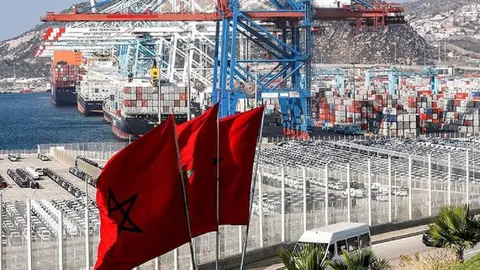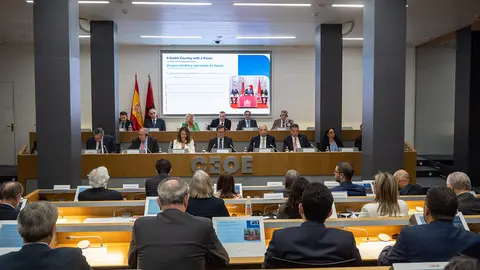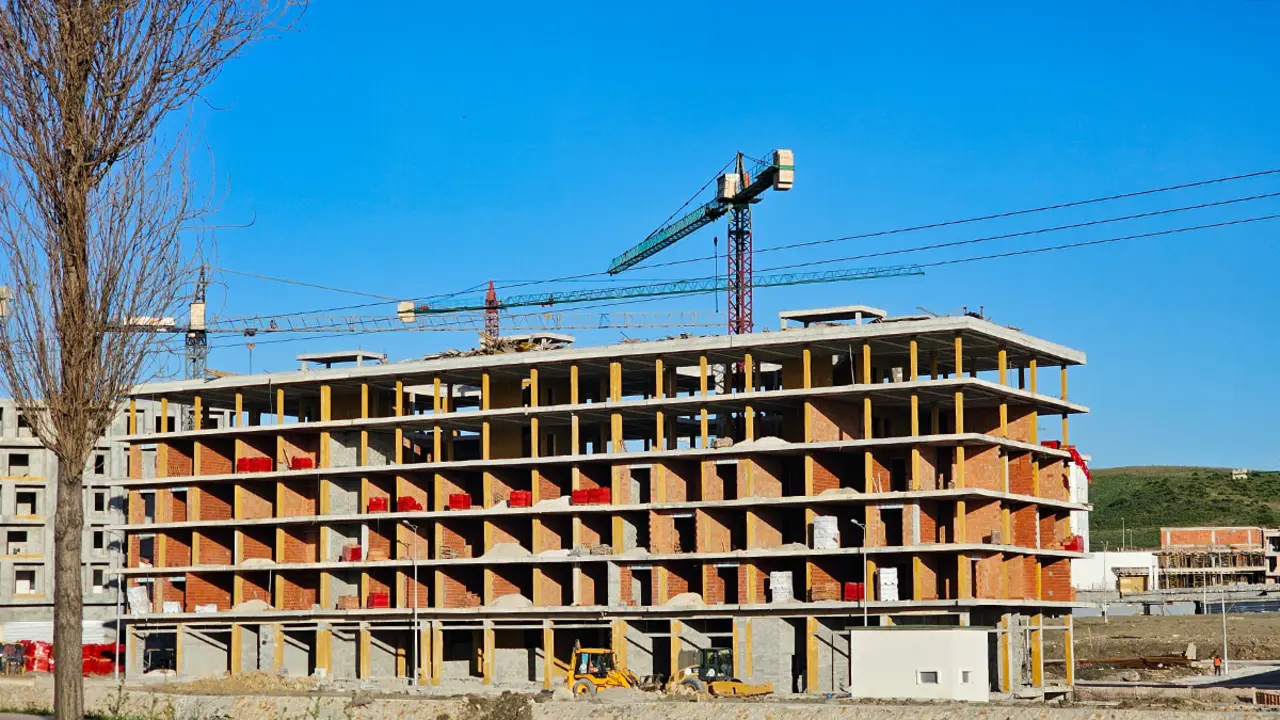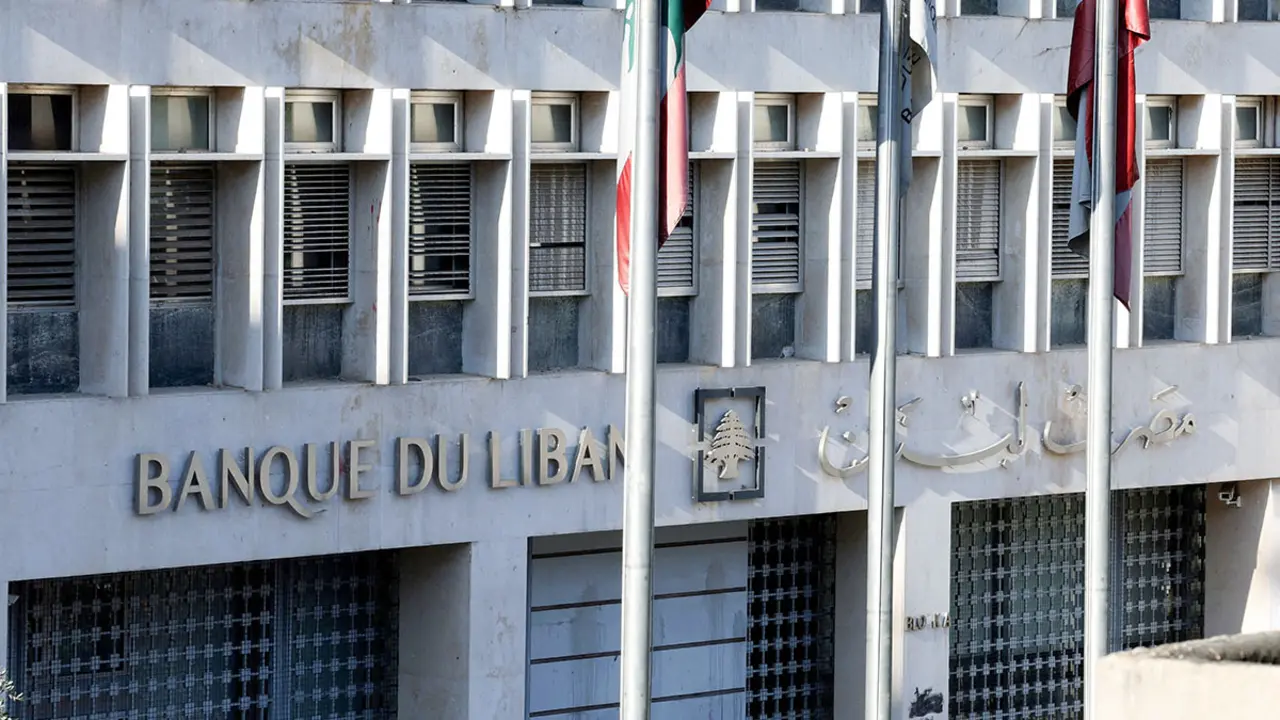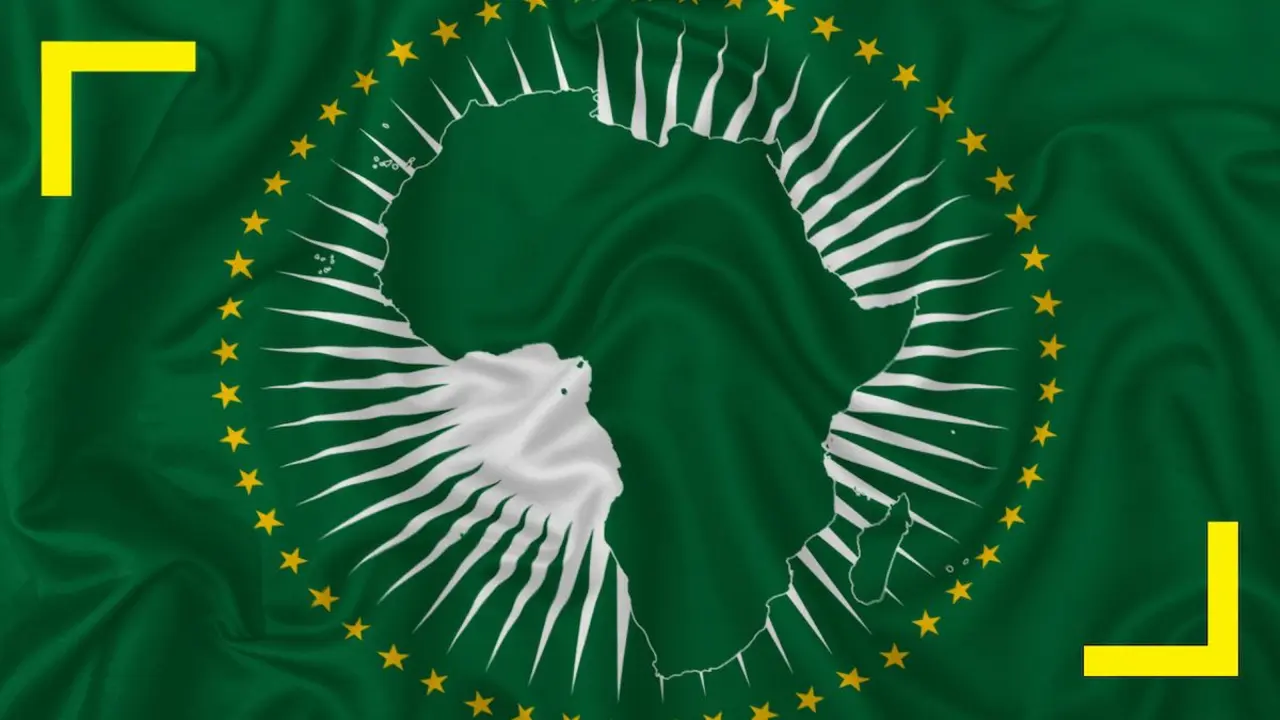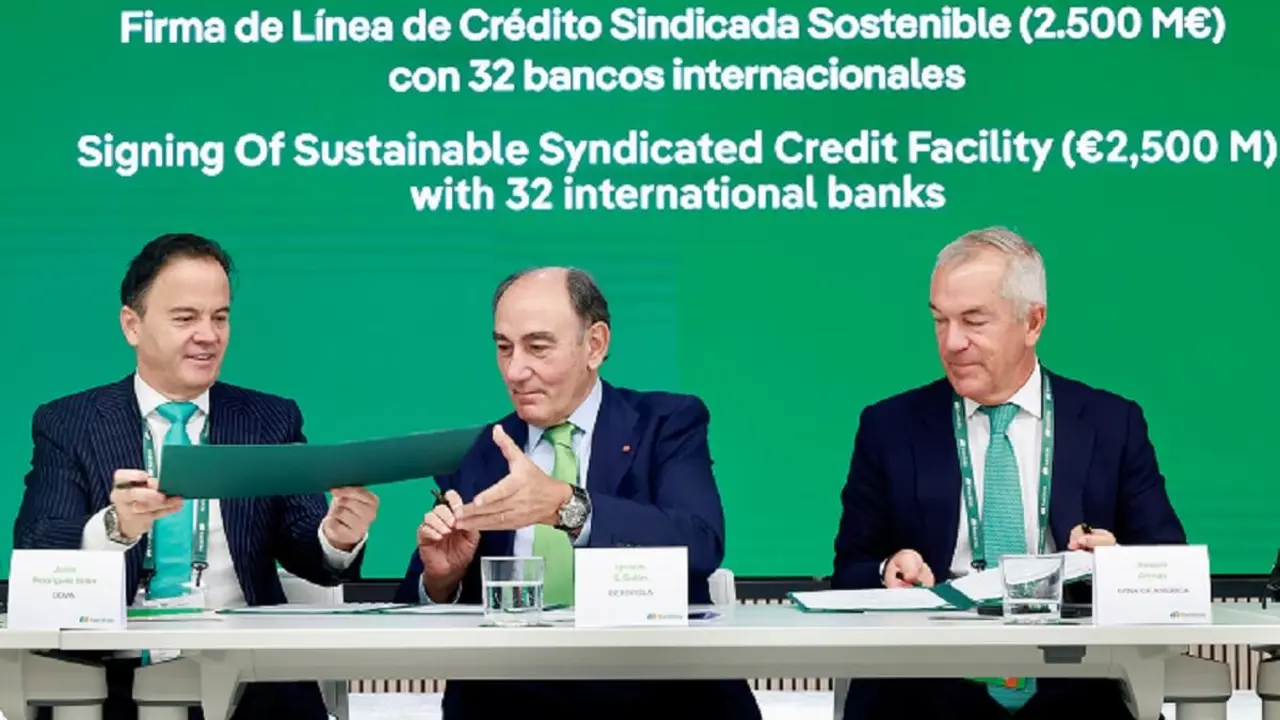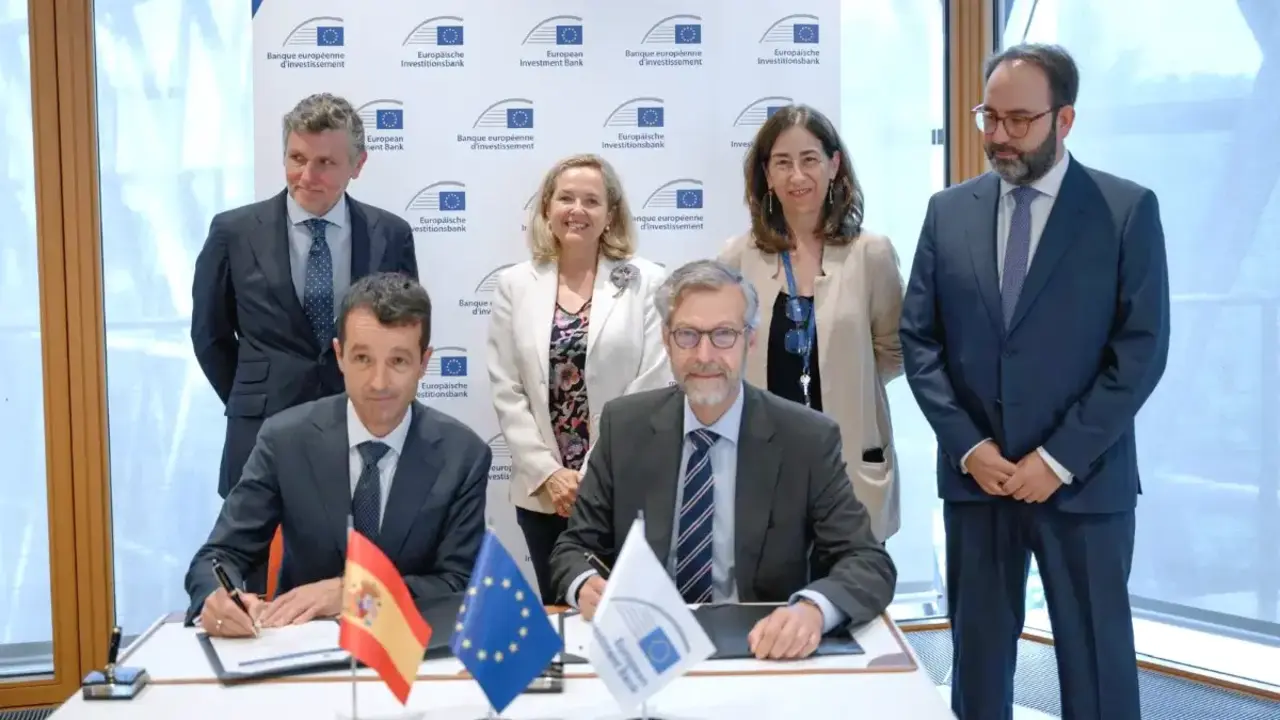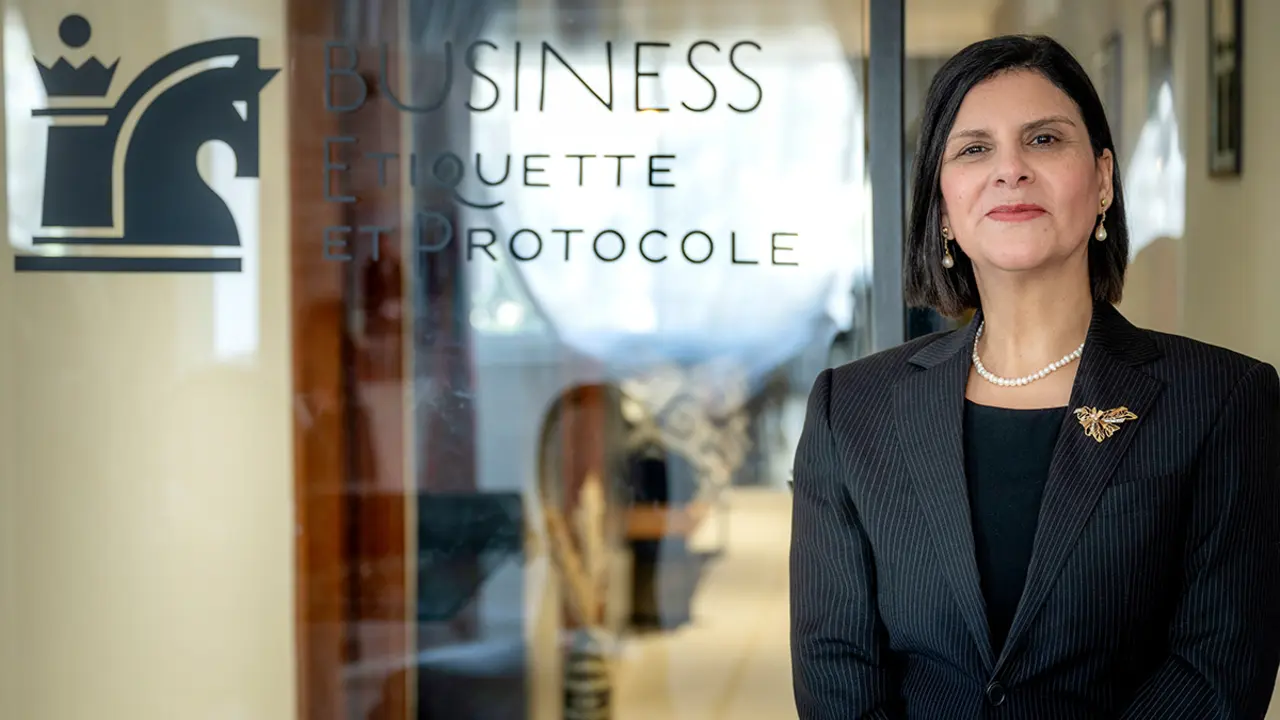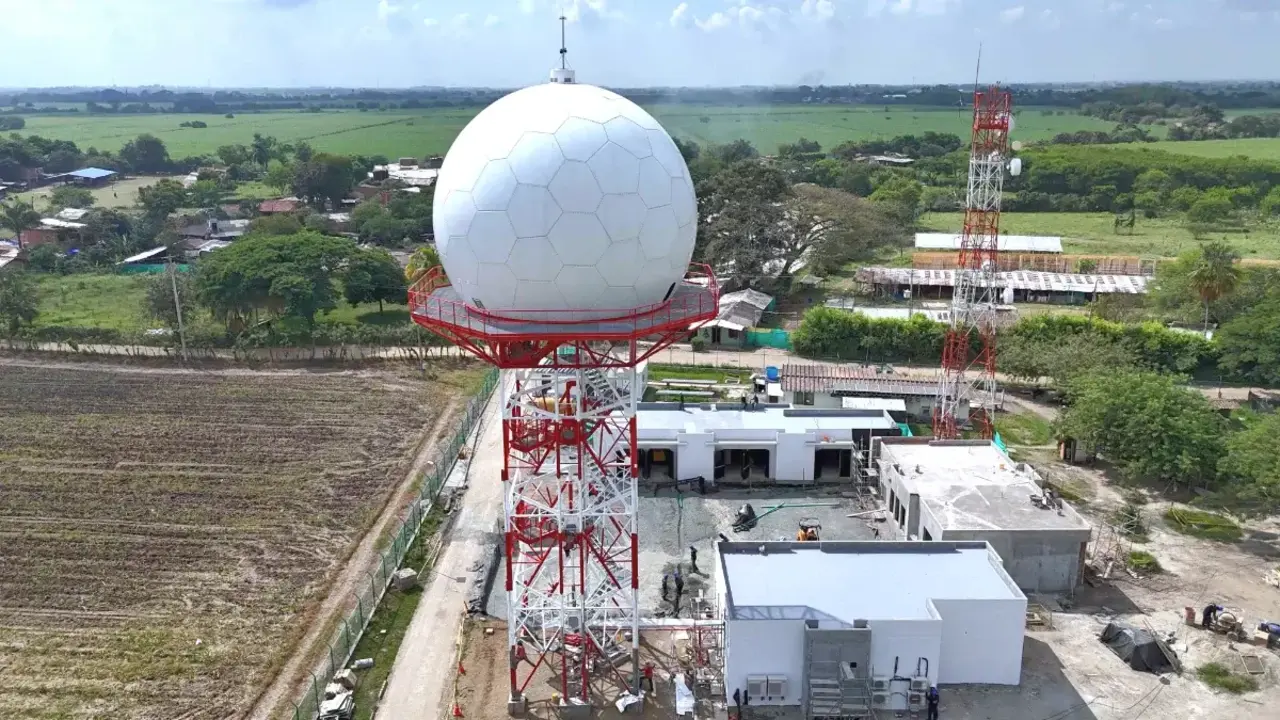OECD highlights role of agriculture and exports in Morocco's recovery
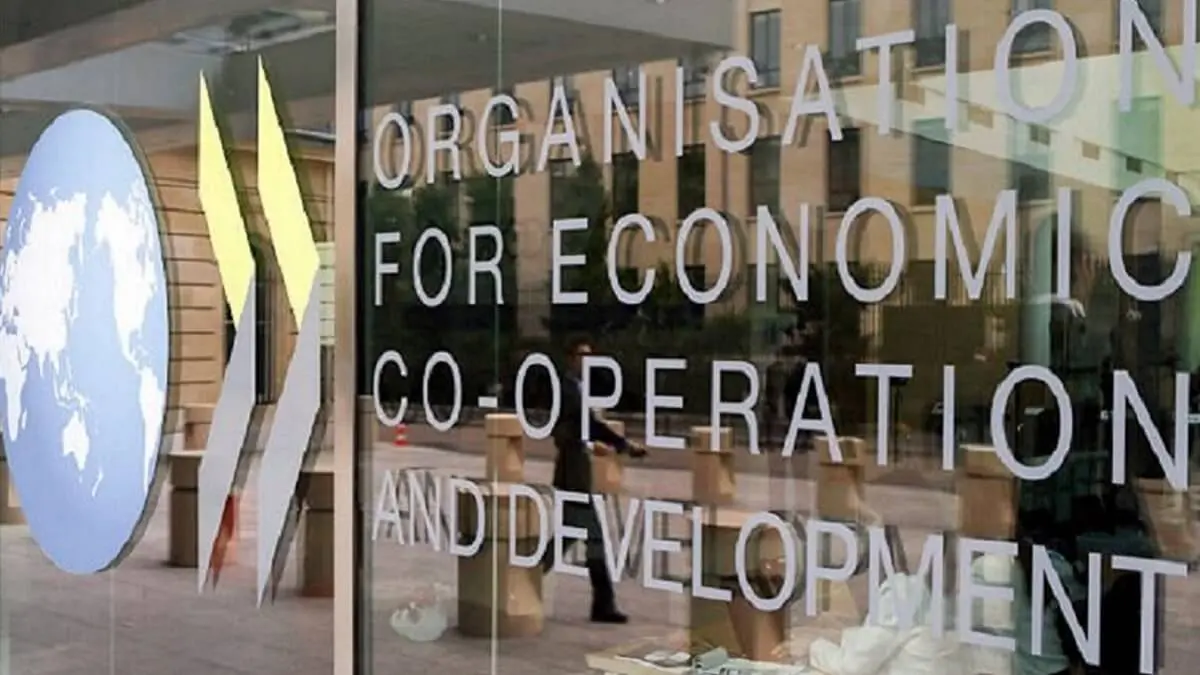
According to a report presented by the Organisation for Economic Co-operation and Development (OECD), "OECD Economic Outlook", published in June, Morocco's economy will grow during 2023 and 2024 by more than 3% mainly due to the stabilisation of the global economy and increased demand for foreign goods and services.
Morocco is heavily dependent on energy and food imports, so its economy has been affected by the global rise in prices as a result of the Ukrainian conflict. It has been able to counteract this slump with increased exports of agricultural products to its European trading partners and a boost in the automobile sector. Although rainfall is low and remains at critical levels, rainfall during the winter season has been higher than in previous years, allowing agricultural production to recover.
Regarding fiscal and monetary policies, the report states that "the central bank has raised its policy rate several times, from 1.5% in September 2022 to 3% in March 2023, with a further increase of 50 basis points expected during the year. This has also helped stabilise the Moroccan dirham, which depreciated against the euro in 2022, but has started to recover since January. The 2023 budget, presented in October 2022, envisages gradual fiscal consolidation by increasing revenues and reducing spending pressures from food and energy subsidies due to falling prices, supported by recent strong revenue performance."
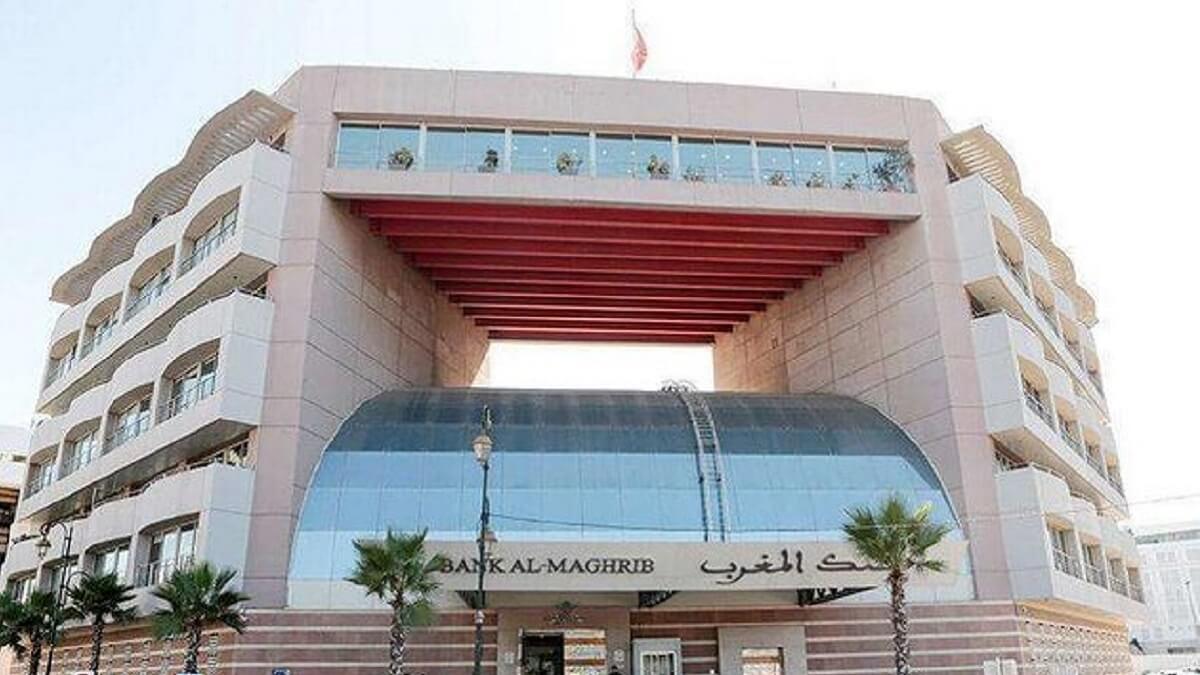
The unemployment rate has fallen by 11.8%. The services sector is also expected to recover as tourism activities return to normal after the pandemic debacle. Private consumption has increased since 2022 by 1%, and is expected to stabilise also by 2024.
The OECD advises a balanced policy mix, consolidating gradual fiscal measures to support the economy, while also supporting vulnerable households that may be affected by droughts. They also recommend that the Central Bank raise rates to mitigate the possible rise in inflation and implement structural reform with the priority being to boost private investment, support female employment and increase preparations for upcoming climate-related risks.
The recovery of the Moroccan economy is driven by improved global economic conditions and increased agricultural production due to higher rainfall. However, the country faces challenges such as inflation, energy and food dependency. The OECD advises to maintain and improve its growth potential, Morocco will need to implement reforms in education, labour market, digital economy and social security.

